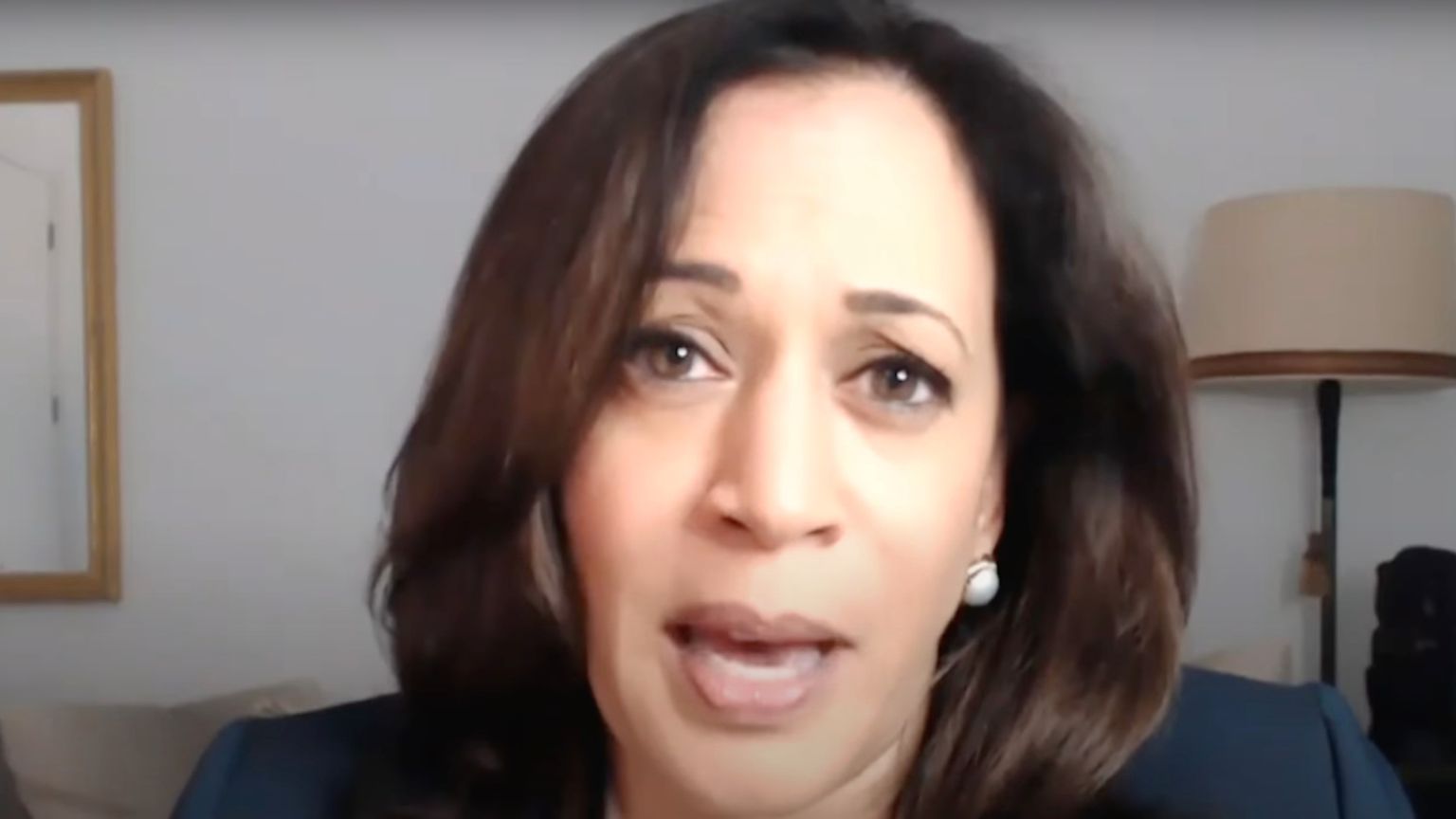The White House has announced a plan to crack down on artificial intelligence. The effort will be led by Vice President Kamala Harris and will have a budget of $140 million.
There have been concerns from industry experts that the technology could have negative consequences but there is debate about the level of regulation needed – and who exactly should regulate it.
That’s now up to Vice President Harris.
The White House acknowledged that the technology is “one of the most powerful.” However, “in order to seize the opportunities it presents, we must first mitigate its risks.”
The Biden administration plans to establish 25 research institutes across the country to evaluate four companies at the forefront of the AI race, including ChatGPT’s developer OpenAI, Microsoft, and Google.
On Thursday, Harris met with executives from the companies to discuss how to mitigate potential risks of the technology.
“As I shared today with CEOs of companies at the forefront of American AI innovation, the private sector has an ethical, moral, and legal responsibility to ensure the safety and security of their products,” Harris said in a statement released by the White House.
“And every company must comply with existing laws to protect the American people. I look forward to the follow through and follow up in the weeks to come.”
ChatGPT, which was released in November, has become one of the fastest growing technologies. However, the Biden administration says it has also raised ethical concerns, as it is a generative AI that can produce “misinformation”
“President Biden has been clear that when it comes to AI, we must place people and communities at the center by supporting responsible innovation that serves the public good, while protecting our society, security, and economy,” the statement by the White House added.
“Importantly, this means that companies have a fundamental responsibility to make sure their products are safe before they are deployed or made public.”
Vice President Harris has little experience presiding over matters of technology but did, during her tenure as the Attorney General of California, push for legislation against “revenge porn” by advocating for the criminalization of non-consensual sharing of explicit images.
Harris also made a push to ban registered sex offenders from using any social media sites, something that was likely unconstitutional. That bill did not pass.
During a 2020 Democratic presidential primary debate, Kamala Harris called for Twitter to ban her rival, then-President Trump’s account due to the alleged “harm” caused by some of his tweets.
This call faced criticism as it was an infringement on free speech.







